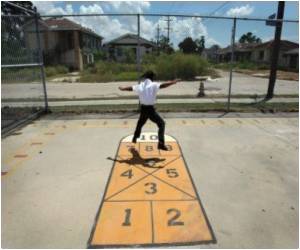
The rationale in choosing to evaluate the quality of care among children with ADHD is twofold. First is the fact that ADHD represents one of the most common mental health disorders, affecting 3% to 10% of children in the U.S.; and second, more than one-third of the national healthcare expenditures for child mental disorders are paid for by Medicaid.
Dr. Zima and colleagues found that despite a federal policy that requires medical necessity for Medicaid reimbursement of specialty mental health services, the clinical severity of the children in primary care and community mental health clinics was similar. Nevertheless, treatment varied widely, such that most children in primary care were prescribed stimulant medication but seen only one to two times per year compared to less than one- third of children in specialty mental health programs who had on average five mental health visits per month. The infrequency of follow-up visits in primary care was significant because about one-quarter of the children were prescribed combined psychotropic medication treatment. Across both sectors, more than one-third of children dropped out of care and had unmet need for mental health care, persistence of stimulant medication refills was poor, and clinical outcomes did not differ for those children who remained in care compared to those that received no care.
In the article, the researchers state, "Findings from this study identify several areas for quality improvement for ADHD care within the managed care Medicaid program studied. These areas are alignment of the child's clinical severity with provider type, frequency of follow-up visits, stimulant medication use in specialty mental health, agency data infrastructure to document delivery of evidence-based psychosocial treatments, and stimulant medication refill prescription persistence. The enduring symptoms, impairment, and poor academic achievement of the children who remain in care and those untreated underscores the public health significance of improving the quality of care for publicly insured children with ADHD."
This article is discussed in an editorial by Dr. Mark Olfson in the Journal of the American Academy of Child and Adolescent Psychiatry. 2 Reflecting on the relevance of Dr. Zima and colleagues findings, Dr. Olfson states, "The report by Zima and colleagues adds renewed urgency to the call for reform of Medicaid-financed community care of children with ADHD. Closer clinical monitoring with more frequent follow-up contact may be needed to increase continuity of care. Improvements are also needed in medication management, especially in specialty mental health clinics."
Advertisement















